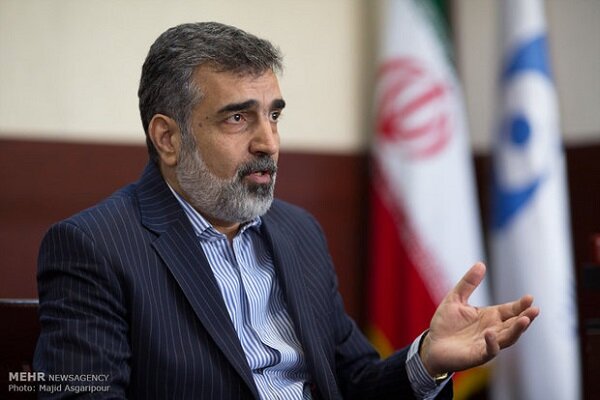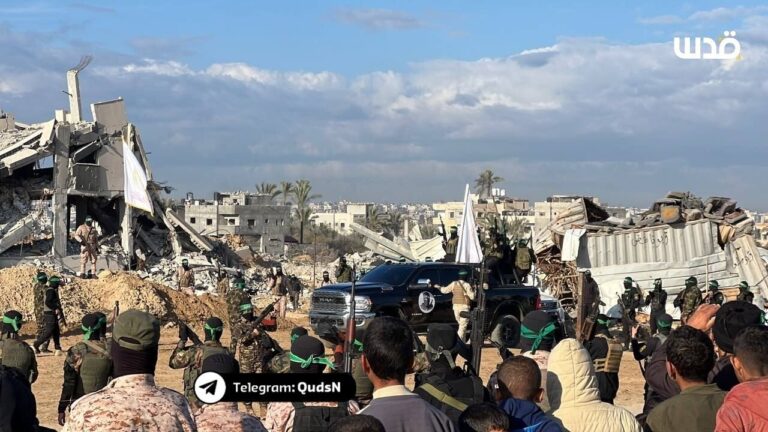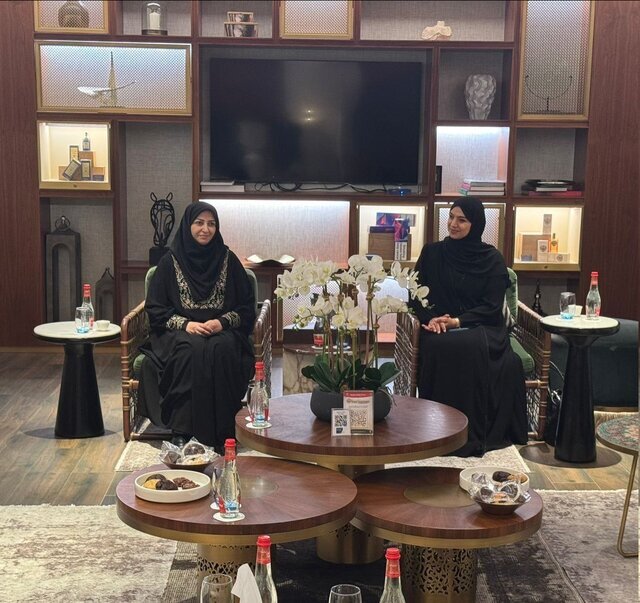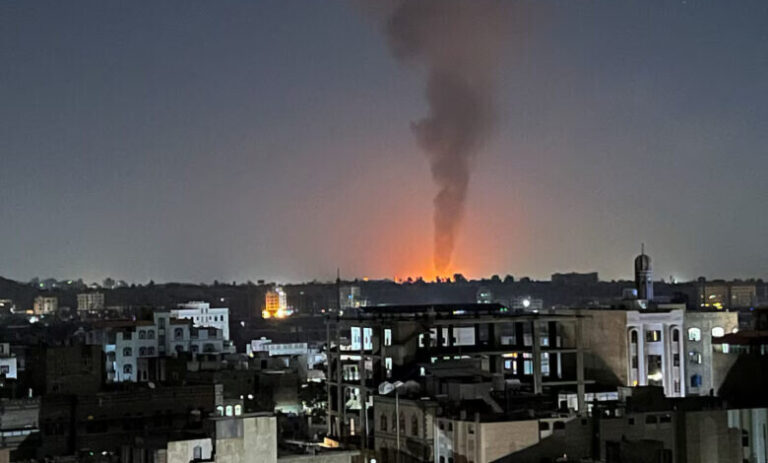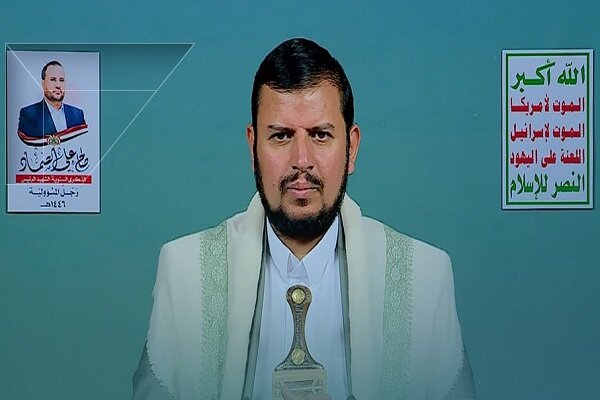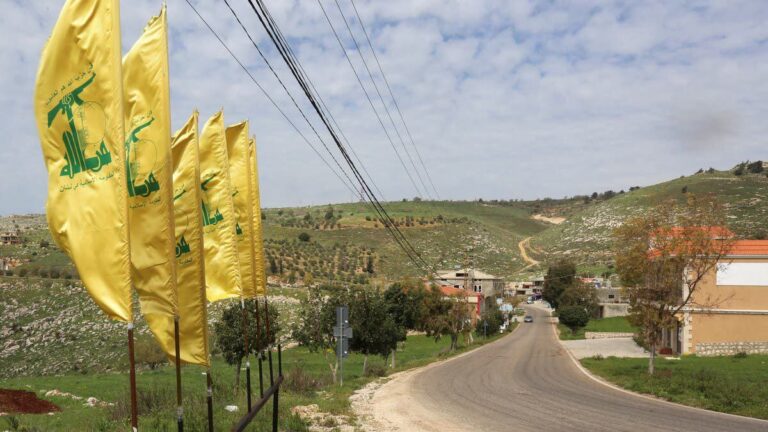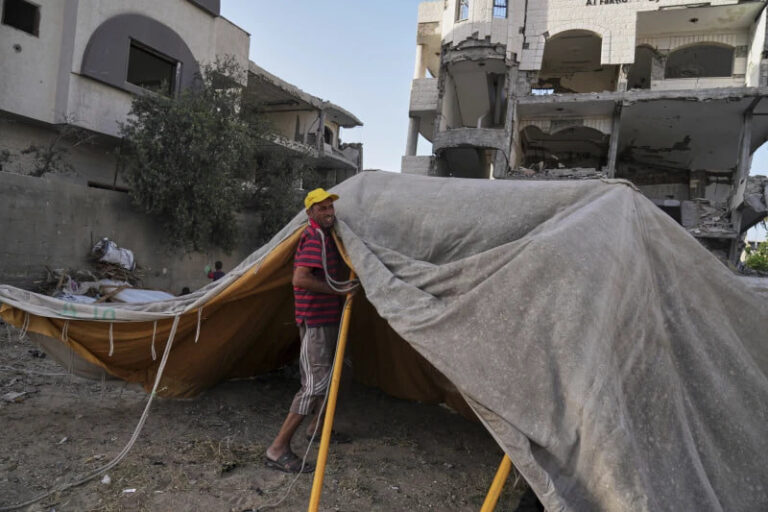IAEA Deputy Director Set to Visit Tehran in Next Two Weeks: Key Talks Ahead
The recent diplomatic developments in Iran’s nuclear program have garnered significant attention, particularly following the visit of IAEA Director General Rafael Grossi. This visit falls under the ongoing technical cooperation framework between Tehran and the UN nuclear watchdog, which is crucial for ensuring transparency and safety in nuclear operations.
According to Behrouz Kamalvandi, a senior Iranian nuclear official, the upcoming trip by a deputy of Grossi is part of the pre-arranged engagements aimed at addressing various pertinent issues related to Iran’s nuclear activities. Below, we outline the key aspects of this significant development:
- Ongoing Cooperation: The visit is a continuation of the technical cooperation established between Iran and the International Atomic Energy Agency (IAEA).
- Pre-Arranged Visit: Kamalvandi emphasized that this visit was planned in advance, reflecting Iran’s commitment to engaging constructively with the Agency.
- IAEA Leadership: Rafael Grossi, who leads the IAEA, has six deputies, although the specific deputy visiting Tehran has not been disclosed.
- Recent Meetings: Grossi’s recent two-day trip to Tehran included discussions with key Iranian officials, such as Foreign Minister Abbas Araghchi and the head of the Atomic Energy Organization of Iran (AEOI), Mohammad Eslami.
- Return to Vienna: Following the meetings in Tehran, Grossi departed for Vienna, where the IAEA is headquartered.
This series of engagements underscores the importance of diplomatic channels in addressing nuclear concerns and enhancing transparency in Iran’s nuclear program. The Iranian government has been keen to highlight its willingness to cooperate with international bodies, particularly the IAEA, to ensure that its nuclear activities remain peaceful and are viewed positively on the global stage.
The technical discussions anticipated during the visit of Grossi’s deputy will likely focus on key issues surrounding Iran’s nuclear capabilities and compliance with international agreements. Such discussions are vital for maintaining open lines of communication and fostering trust between Iran and the international community.
The backdrop of these developments includes ongoing negotiations regarding the Joint Comprehensive Plan of Action (JCPOA), which aims to regulate Iran’s nuclear program in exchange for sanctions relief. The IAEA plays a crucial role in monitoring Iran’s adherence to the terms of this agreement, making these meetings essential for both parties.
Moreover, the international community keeps a close watch on Iran’s nuclear activities, especially in light of geopolitical tensions in the region. The outcomes of these meetings and the content of the discussions will likely have implications not only for Iran but also for broader regional stability.
As the situation evolves, it remains to be seen how these negotiations will affect Iran’s nuclear policy and its relationship with the IAEA and other global powers. The Iranian government has expressed a desire to maintain its right to develop nuclear technology for peaceful purposes while ensuring that its actions align with international standards and regulations.
In summary, the upcoming visit of the IAEA deputy to Tehran represents a significant step in the ongoing dialogue between Iran and the UN nuclear watchdog. It highlights the importance of cooperation and transparency in the realm of nuclear energy, which is crucial for regional and global security. As discussions unfold, stakeholders will be attentive to the outcomes and how they may influence future engagements and agreements.
